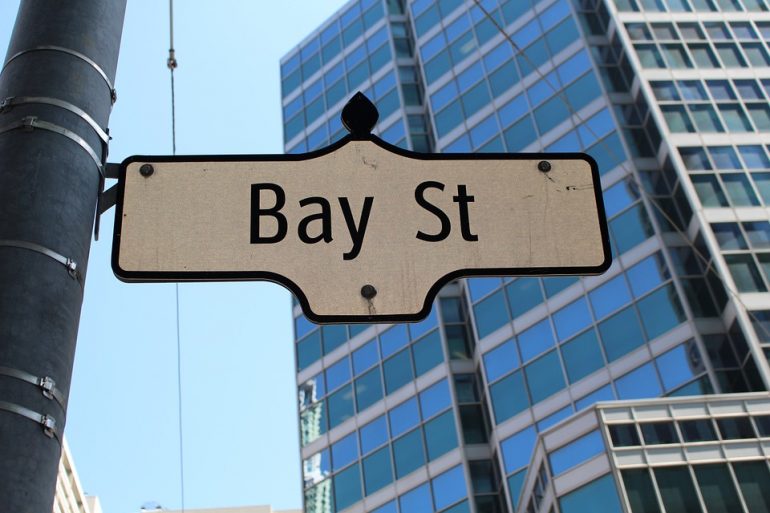“Software is eating the world,” explained Marc Andreessen, Netscape co-founder and partner at venture capitalist firm Andreessen Horowitz, in his famous essay.
Clusters of FinTech startups have since emerged around the world leading a rethinking of financial services, including all aspects of payments, credit, investment, and banking.
Over the past several years, I’ve had the opportunity to travel throughout the world and meet the people and companies that are driving this FinTech revolution. I’ve observed the evolution of FinTech ecosystems through various stages of development and I would characterize them as follows:
- Disconnected – In many countries, some form of gathering for startups and related capital has appeared. FinTech is a “wave” being talked about, but there is no dedicated place to have a meaningful discussion. At best, there is a Meetup around a beer (no disrespect intended; it’s actually a great excuse to have a beer with like-minded people).
Connected – FinTech initiatives appear in the form of conferences and events, as well as incubators and accelerators sponsored by financial institutions or private ventures. Often, there’s a shortage of local FinTech capital available, but global VCs have these countries on their radar.
Organized – A local FinTech catalyst emerges, usually some sort of non-commercial government and/or community-backed body, fostering a sense of sharing and collaboration. Examples include Luxembourg for Finance, Holland FinTech, FinTech CH, Innovate Finance, France FinTech, FinTech.HK and others. While some countries struggle with large banks that don’t play well together, organized FinTech ecosystems understand how engagement with local start-ups, investors, and other innovators from around the world builds value.
Recognized – London and New York are key examples of recognized FinTech ecosystems of global importance. For Singapore and Honk Kong, we have to differentiate between the financial services centers (of which they are clearly examples) and recognized FinTech ecosystems – into which they may be transforming.

In Canada, a growth in regional FinTech events, as well as the emergence of collaborating organizations such as MaRS FinTech Cluster in Toronto and the Digital Finance Institute in Vancouver, are reflective of the country’s rapid evolution from a connected into an organized FinTech ecosystem.
The recent launch of the Global FinTech Hubs Federation initiative by Innotribe is a much-needed effort to foster collaboration among the international FinTech community “to create a truly cross-border and open platform that brings together established and emerging FinTech hubs.”
In partnering with BAI Beacon, FinTechStage (the organization that I co-founded with Lazaro Campos) seeks to fulfill our mission to help create, structure, and bridge FinTech ecosystems globally. Together with BAI, we will provide a deep learning FinTech experience, together with exposing the community to what we believe are some of the best startups and strategies fueling the disruptive thinking being applied to financial services.
We hope you will join us in growing this dynamic new global FinTech ecosystem by coming to Chicago, October 5-6, 2016, for BAI Beacon featuring the North American premiere of FinTechStage.


